7 Lesser-Known Human Foods.
Are you looking to learn more about natural pet health and wellness? You’ve come to the right place. Subscribe to our newsletter.
.
1. Chicken Hearts for Dogs
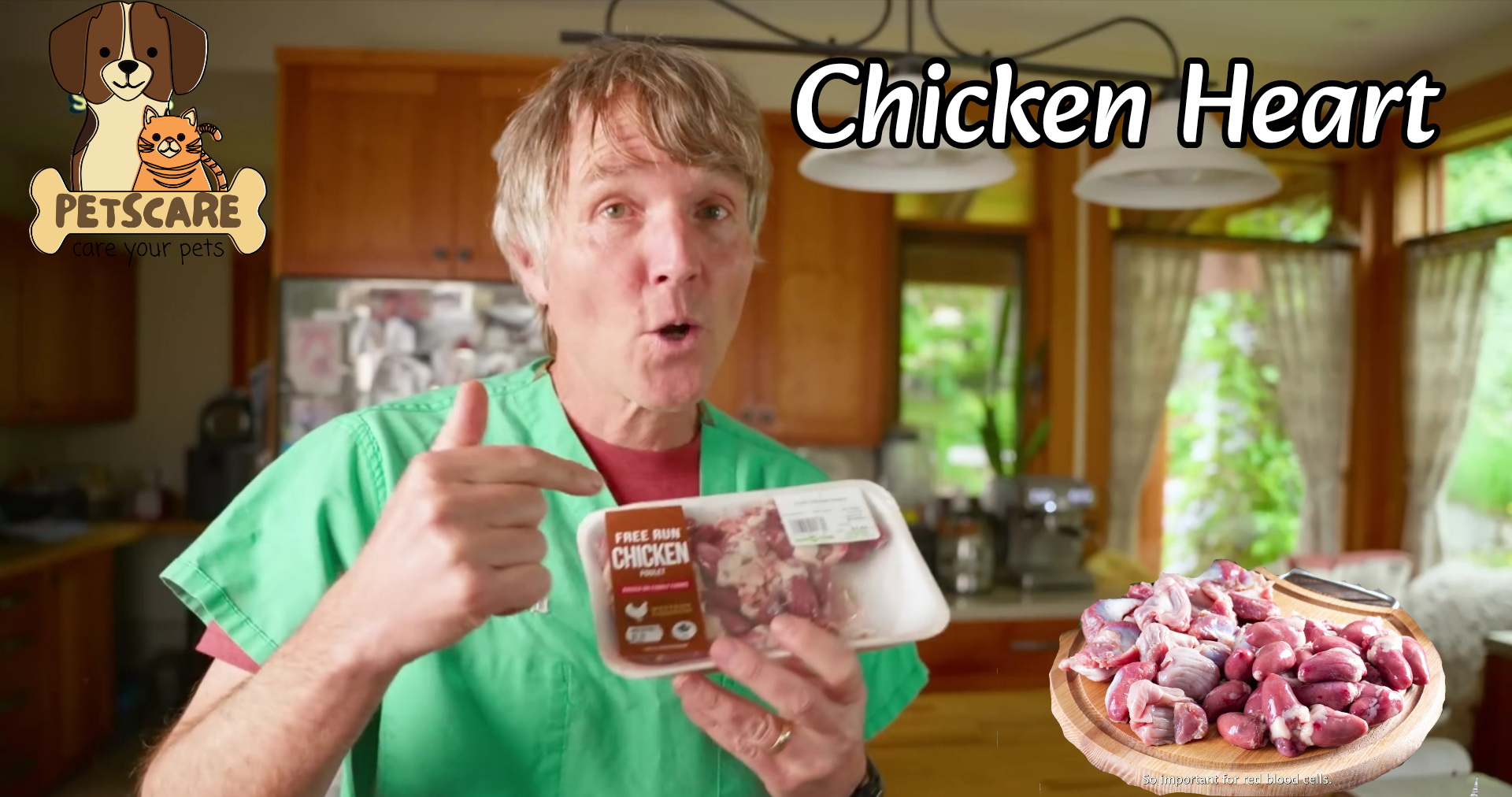
Chicken Hearts for Dogs
Rich in Protein: Packed with essential amino acids.
High in Iron and Zinc: Important for red blood cell production and immune function.
Omega-3 Fatty Acids: Beneficial for heart and gum health.
Cost-Effective: A package of free-run chicken hearts costs less than five Canadian dollars.
You can safely give your 20-pound dog one chicken heart a day. You simply cook for 5 minutes in a convection oven. This is a great, inexpensive way to improve the quality of your dog’s diet. Chicken hearts!
2. Benefits of Pumpkin for Dogs
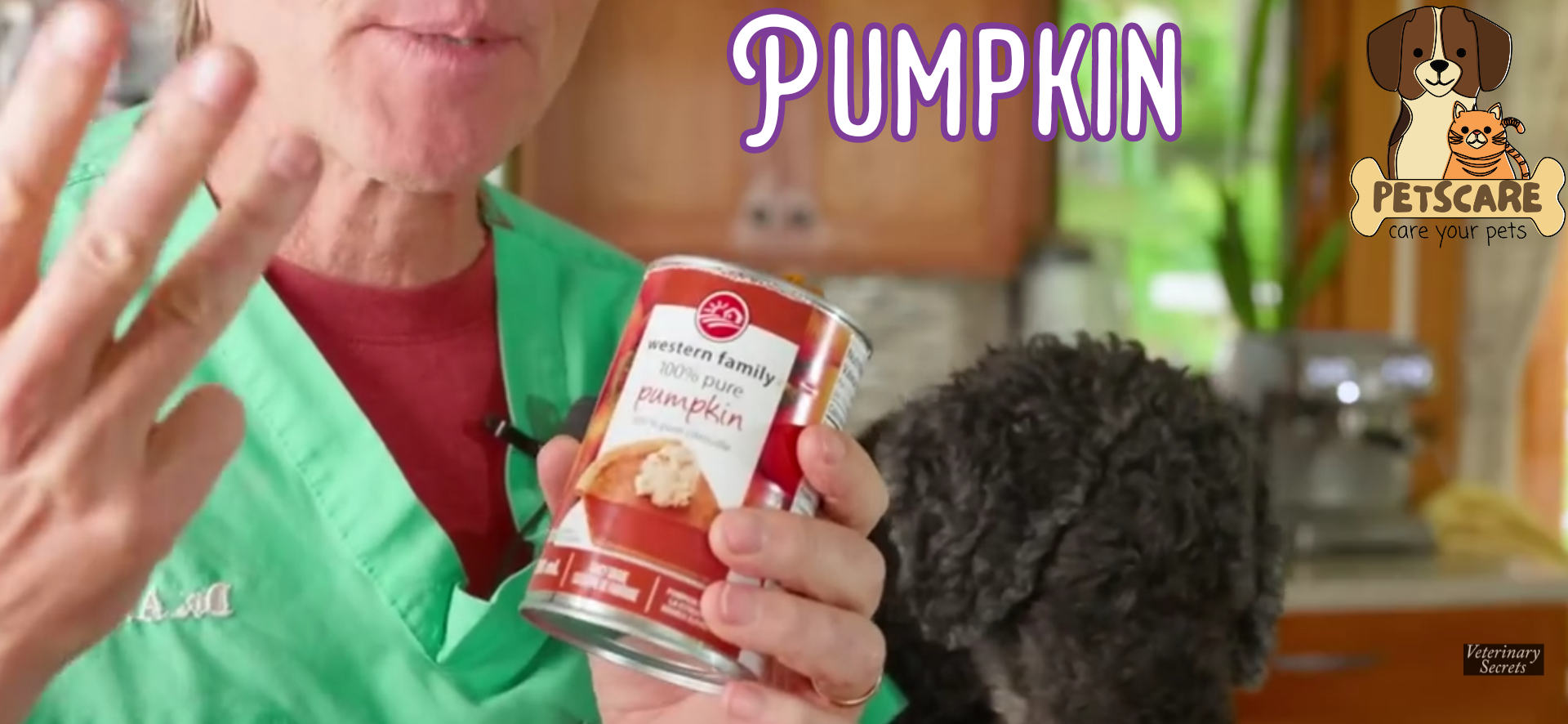
This is pure canned pumpkin. These are pumpkin seeds. Pumpkin’s a great source of fiber. It’s rich in the flavonoids beta-carotene and lutein. It’s rich in key antioxidant vitamins: vitamin A, vitamin C, and vitamin E. It’s also an important prebiotic, meaning the fiber in the pumpkin acts as a great source for the good bacteria, the probiotics, to grow on. We know those good bacteria are so important for your dog’s health. Then these inexpensive, unsalted pumpkin seeds here are very rich in omega-3 fatty acids. It’s super important for your dog’s health. But also, they’re considered a natural anti-parasitic, and they’re one of the few studied natural products shown to be beneficial. You can safely give your dog a teaspoon of canned pumpkin for 20 pounds of body weight daily, and this is one of the few things I often suggest if we have animals that are constipated. We have canned pumpkin on the floor. Get your dog or cat some canned pumpkin. It’s got all those nutritious things in it, and it has that extra fiber, so if your dog’s constipated, you can naturally help him with the pumpkin.
pumpkin seeds: 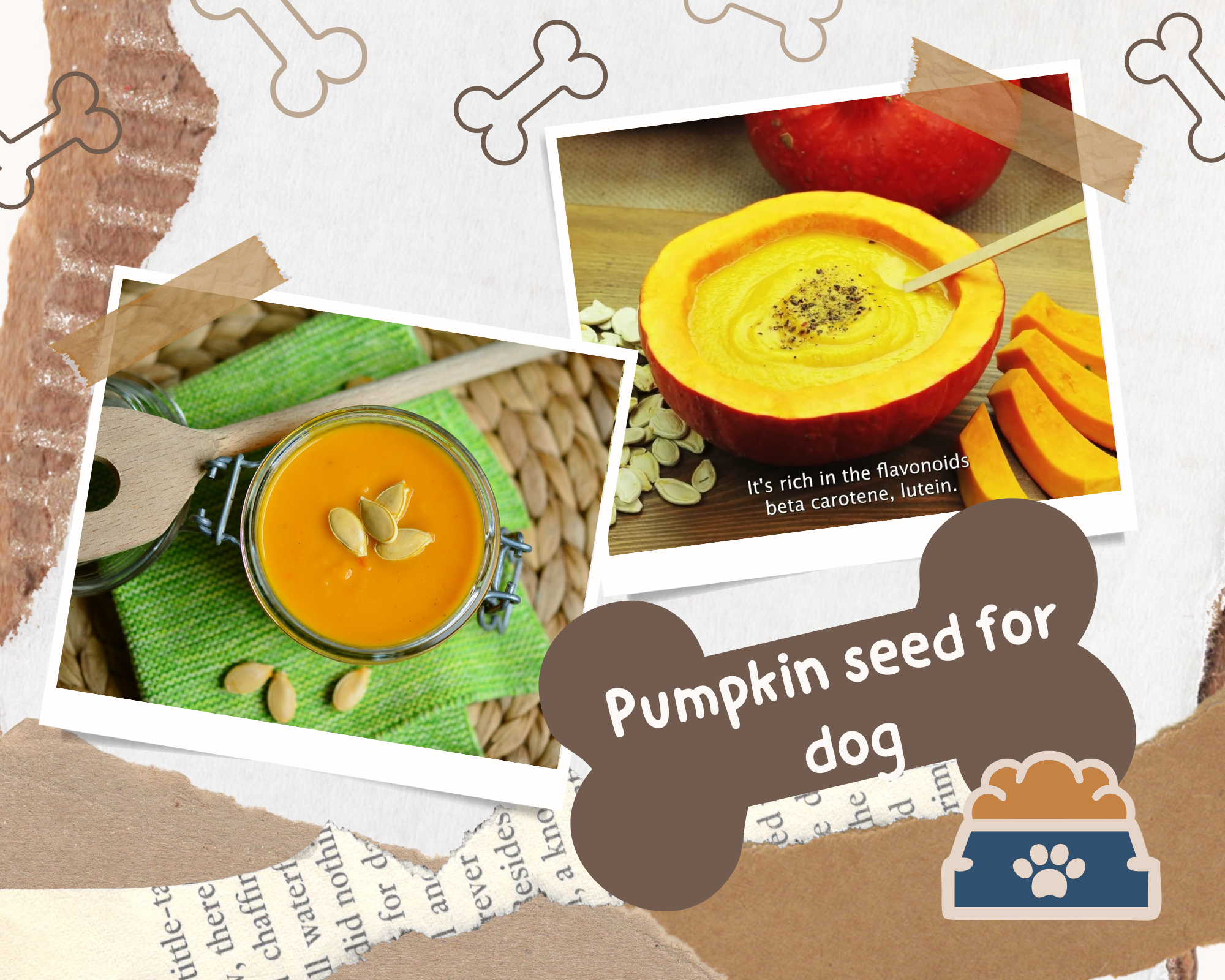
The pumpkin seeds are also nutritious, but for them to benefit your dog, you need to crush them first. So we’re between half and one teaspoon per 10 pounds of body weight. You’re going to do that daily. And what’s suggested is that if you’re going to use it for de-worming, there’s pumpkin seeds going everywhere. If you’re going to use it for de-worming, you’re going to give it seven days on, seven days off, and another seven days on. But the occasional pumpkin seeds—you know, once a week—are fine. You can just use those to routinely prevent worms in your pet.
3. Healthy Animal Proteins: Salmon and Eggs for Dogs
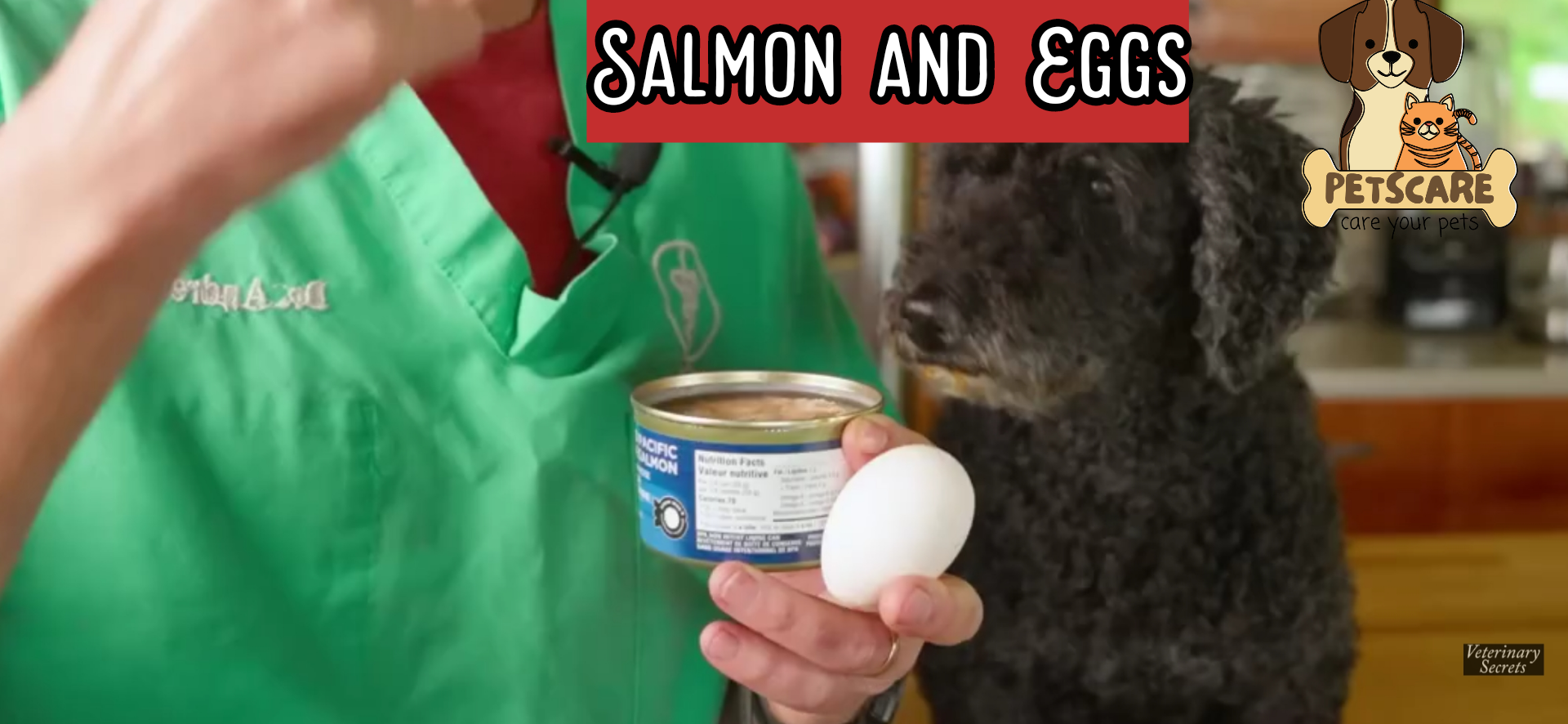
Salmon is an awesome option, as are eggs. Salmon is a great source of essential amino acids with a really balanced amino acid profile.
omega-3 fatty acids:
It’s got a really high level of omega-3 fatty acids, which are so key in helping prevent and treat many of your dog’s diseases, i.e., dog allergies. Salmon is also rich in zinc, iodine, selenium, and magnesium. Eggs are a wonderful, highly digestible protein. Especially those egg weights, they’re considered the most complete protein. They’re a great source of vitamin A, rich in some of the B vitamins, rich in choline, and rich in some of the omega-3 fatty acids. Both of these are really good for increasing the quality of the protein in your dog’s diet. With canned salmon, you consider adding in a quarter of a can per ten pounds of body weight. You could do that two or three times a week. And I suspect the poodle here is going to like the salmon. She’s going to try everything today. It would be completely safe to give your dog one egg a day and just cut back proportionally in the amount of kibble you’re giving. Perhaps then just reducing the kibble by a tenth.
4. Vegetables for Dogs: Broccoli, Cucumber, Zucchini
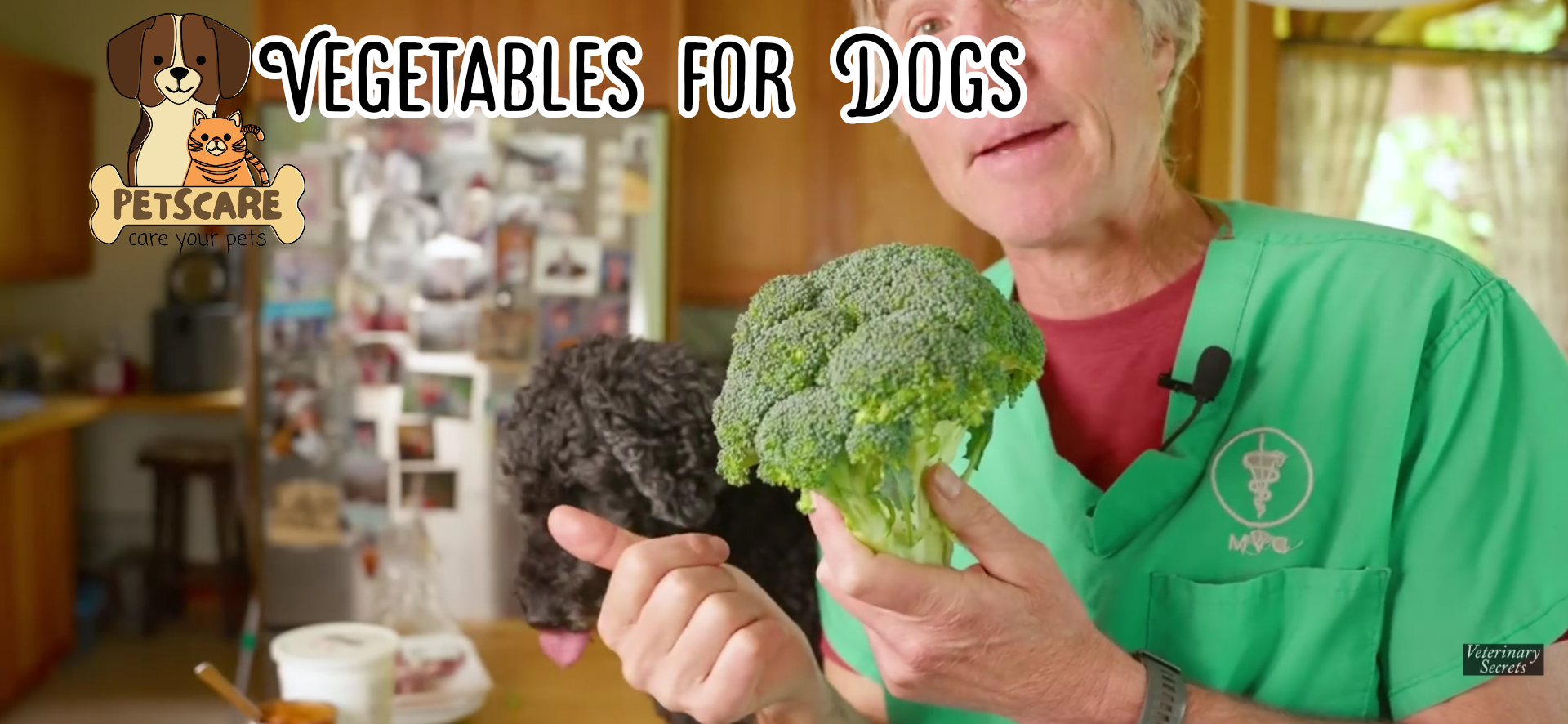 It’s rich in potassium and magnesium, which are key for normal nerve and muscle function. We know additional magnesium may be beneficial for dog epilepsy. High in vitamins K and C, they are key to helping keep your dog’s bones strong and potentially boosting their immune system.
It’s rich in potassium and magnesium, which are key for normal nerve and muscle function. We know additional magnesium may be beneficial for dog epilepsy. High in vitamins K and C, they are key to helping keep your dog’s bones strong and potentially boosting their immune system.
It’s great for eye health and great for heart health. The broccoli itself is a great source of fiber, which is important if you want to make sure your dog stays regular. And lastly, just chewing on raw broccoli can really be beneficial for your dog’s teeth. So what do you think of the raw stuff? So this is only going to probably work for particular dogs, i.e., the labs, etc., that are really food-driven. What do you think of this? Raw broccoli.
I’m going to try to cook though. If you want to go slow, there can be an issue with some dogs digesting this properly, so just start with a really small amount. But broccoli is a great way to add additional good nutrients to your dog’s diet. Really cost-effective. We need a little small broccoli stem here, about 10 or 20 pounds of body weight daily, as a maximum.
5. Fruits for Dogs: Apples, Blueberries, Cranberries
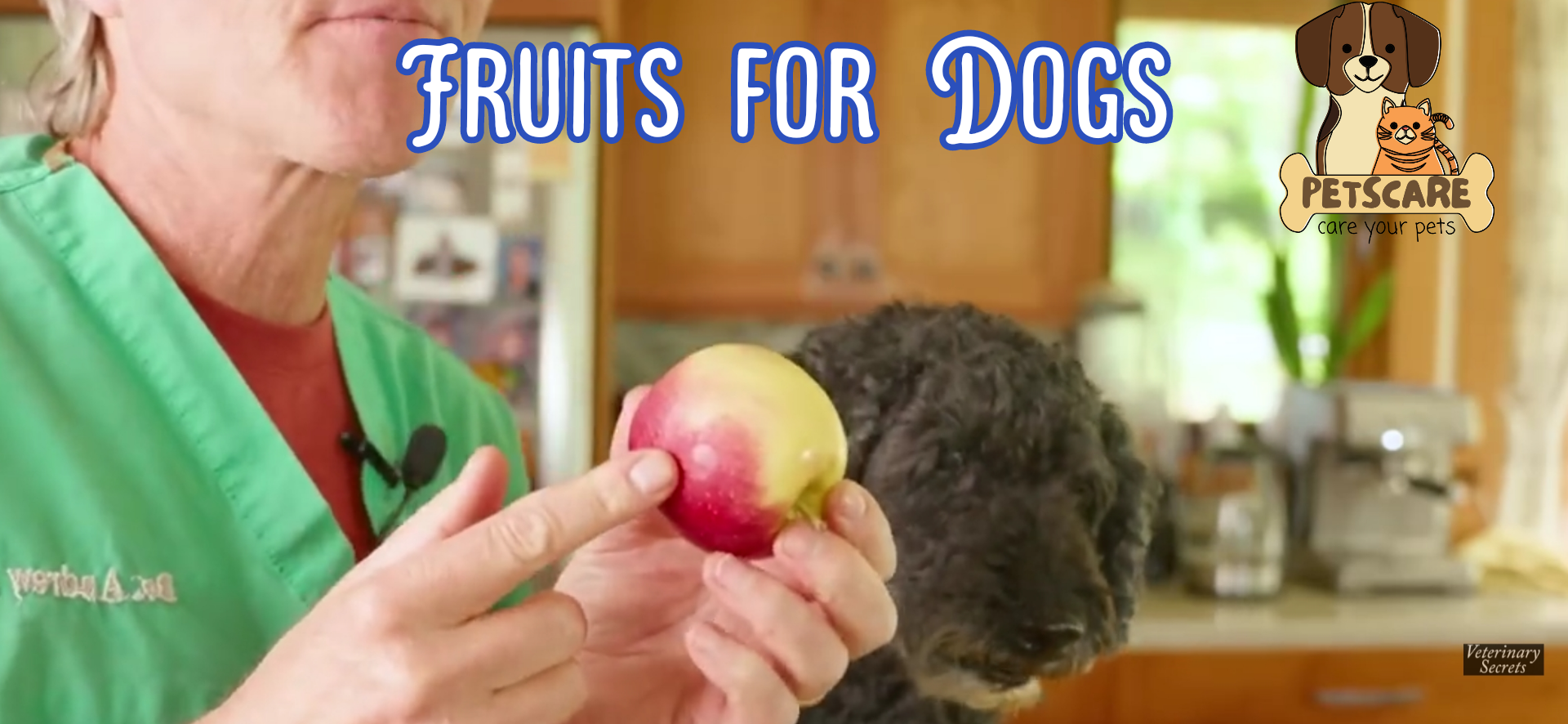
Apple
Apples are probably the easiest and most inexpensive fruit, and they’re probably one of the healthier ones you’d regularly give to your dog. Apple. They’re high in antioxidant vitamins A, C, vitamin K, calcium, and phosphorus. They’re high in fiber, which also acts like a prebiotic. The things that help—the probiotics, the good bacteria—grow.
source of quercetin,
The skin of the apple is a great source of quercetin, and we know that flavonoid is so important for our dogs that have allergies to really help support our dog’s immune system. It’s awesome when it’s on apple peel. And then the abrasiveness of the apple peel can also help decrease plaque and tartar. Naturally treating your dog’s dental disease. The big thing with apples is that you want to avoid the core. You want to avoid those seeds. They contain cyanide. You can safely give your dog about a quarter of an apple per 10 pounds of body weight daily. I’m just going to slice some up here for the poodle. And the other berries I mentioned—you know, the blueberries, the cranberries, etc. Most of these berries are just great sources of fiber. They’re generally rich in antioxidants. I’m thinking blueberries. Blueberries are occasionally fine. Raspberries, blackberries—same thing.
6. Sweet Potato for Dogs

It’s high in fiber. It’s high in beta-carotene. That’s an awesome pigment antioxidant, which is so beneficial for our pet’s health. It has fairly decent levels of protein and is high in vitamin C and some of the B vitamins. It tastes good, so I’m pretty confident the poodle will eat some of our cooked sweet potato. I quartered it. I stuck it in the oven for about 30 minutes. It’s on me now. You can safely give your dog a tablespoon of sweet potato per 20 pounds of body weight per day. If your dog doesn’t like it, you can always eat it yourself.
7. Greek Yogurt for Dogs
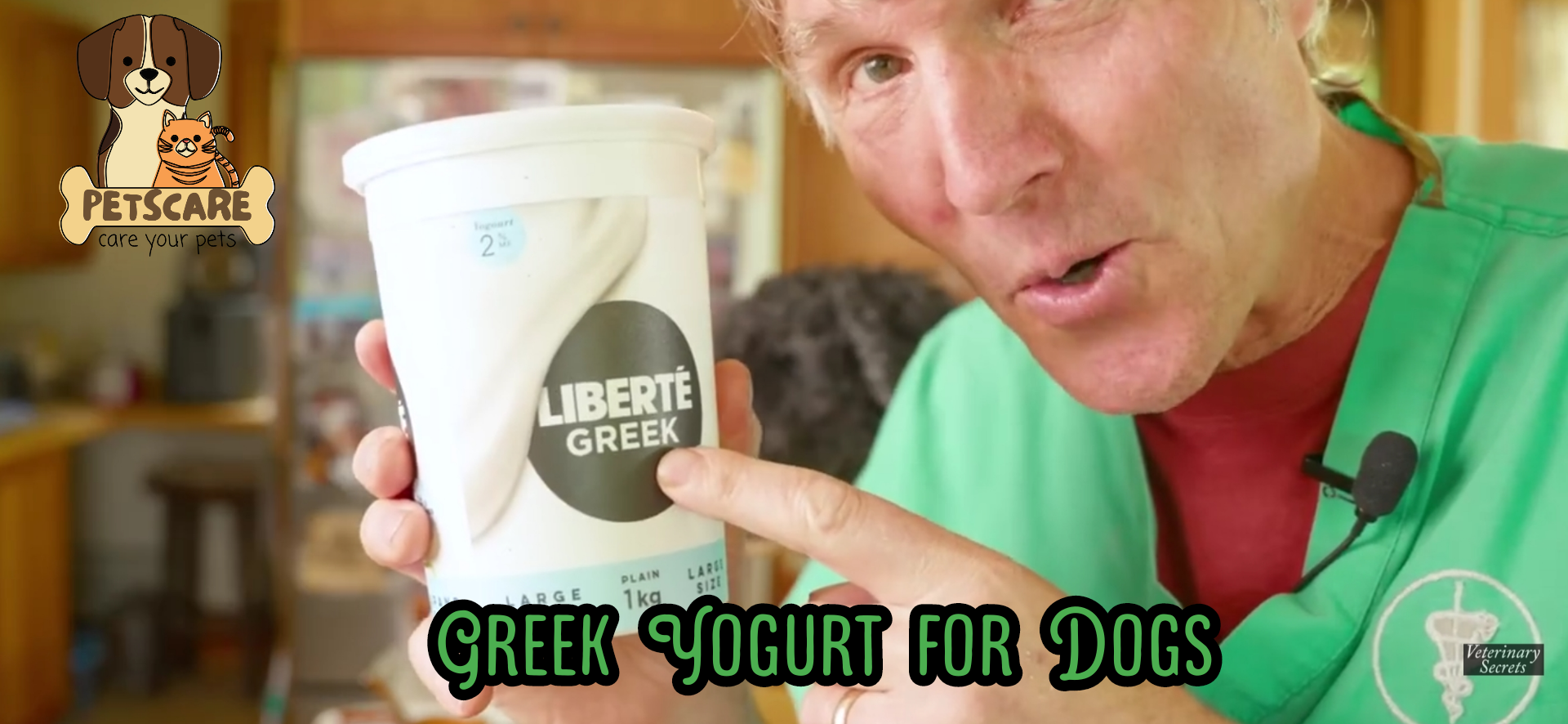
High in Probiotics: Supports gut health and immune function.
Good Source of Protein: Essential for overall health.
Offer your dog a tablespoon of Greek yogurt per 20 pounds of body weight daily. Mix it into their kibble for an added nutritional boost.
Seven lesser-known human foods that you can give your dog to dramatically improve the quality of his diet. Thanks so much for watching this edition of Energy Secrets of the seven lesser-known human foods you can add to your dog’s food.
Check more about “List Of Human Medications Safe For Dogs,
Only Natural Pet: Only Natural Pet Dog Food

